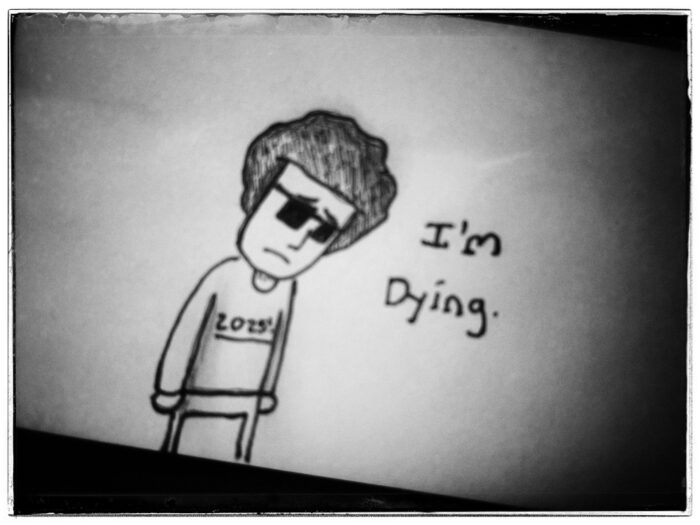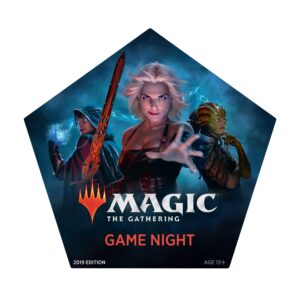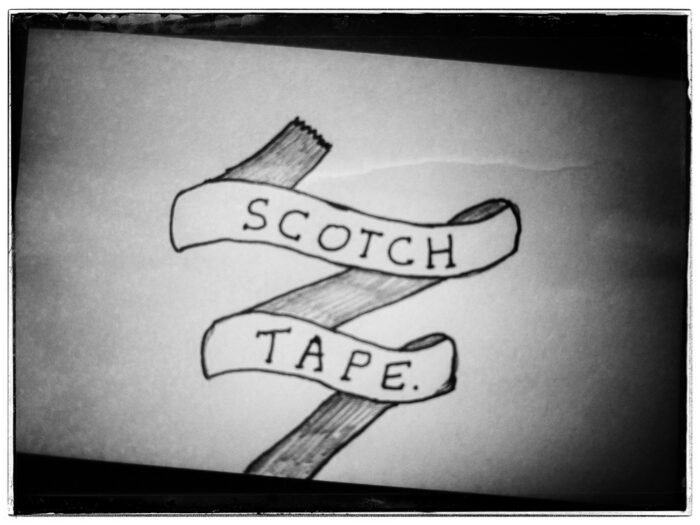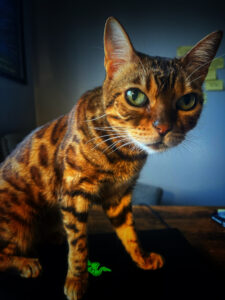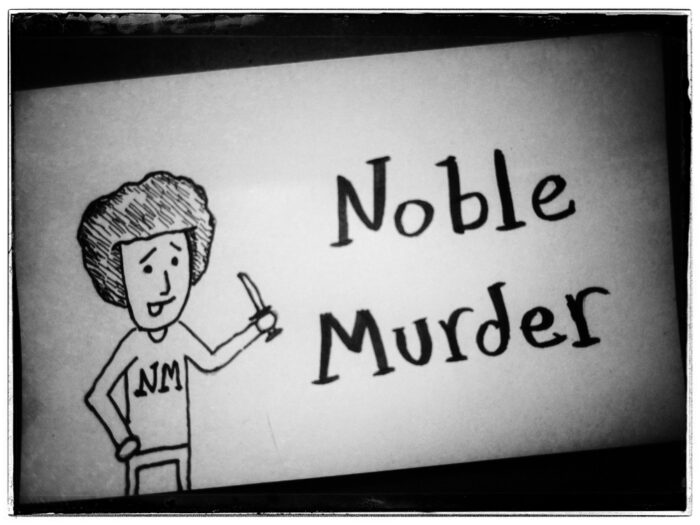
I finished The Call of the Wild yesterday and I’ve been thinking a lot about regression. Essentially, I’m wondering if Jack London considered the transformation of Buck (the “hero” dog of the book) as a victory or a tragedy.
There are certainly tragic elements to Buck’s regression. The whole journey is kicked off by Buck being stolen, mercilessly beaten, worked ’til near-death, and starved. Each of these tortures drives him a little closer to being a “wild animal.” The final tragedy, though, is the murder of his owner, John Thornton, at the hands of the Yeehats (a fictional tribe of Native Americans), who kill Thornton because…that’s what Indians do, I guess.
All of these events are what drive Buck to his destiny, which is to join a pack of wolves and live as his ancestors did and forgo his silly old life as a “pet.”
While all of these events are tragic, Buck’s transformation is presented as a good thing. He’s done it! He’s achieved his destiny! Buck has cut ties with civilization and now lives in the Yukon, leading a pack of timber wolves, having all sorts of puppies, and killing all sorts of bears and moose and the occasional gold digger. The Yeehats still whisper about Buck around their campfires, telling stories of a “Ghost Dog” that’s bigger, faster, and smarter than any other animal in the woods. Probably because one of the last things Buck does is rip the throats out of the tribe of Yeehats that killed his owner.
Hooray for destiny!

I can see the allure of this fantasy, but it is just that: a fantasy. I am strongly inclined to believe that Jack London intends for Buck’s transformation to be seen as noble; he’s going back to his roots, thriving in his ancestral memories, becoming closer to nature.
And you can, too! Or, at least, that’s what Jack London wants readers to think.
There are several scenes in The Call of the Wild in which Buck inexplicably dreams of hunting alongside an ape, which we can only take to represent the ancestral memories of humanity. Or, more specifically, ancestral memories of a time when monkeys and dogs worked together.
I get the metaphor, but that assuredly never happened. Humans that domesticated dogs were Homo sapiens, not some kind of knuckle-dragging half-ape that roosted in trees. The point that London is trying to make, though, is that these ancestral memories exist in humans, too, and we can follow in Buck’s footsteps! And we should!
All we have to do to achieve this destiny is be willing to rip the throats out of all those who wrong us and embrace the childish notion that running around the goddamned Yukon hunting and gathering and freezing half the time is somehow fun.
I think Lord of the Flies captures this idea of regression more accurately: The reason that creatures devolve is because they are stupid and afraid, not because they are noble.

There’s a thin layer of snow covering the ground this morning. It is 6:00 AM, the sky is slate gray, and I’ve decided to read Ten Years in the Tub by Nick Hornby next.
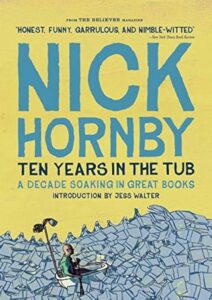
I first came across Nick Hornby about 25 years ago when High Fidelity came out, and he was one of my favorite authors for a while. About a Boy is a terrific book.
Ten Years in the Tub appears to be a collection of short, humorous articles Hornby wrote for a British magazine — articles about the books he was reading at the time.
So, in essence, I’ll be writing a book blog about a book version of an early book blog.
Sigh. Maybe I should spend some time in the goddamned woods.
